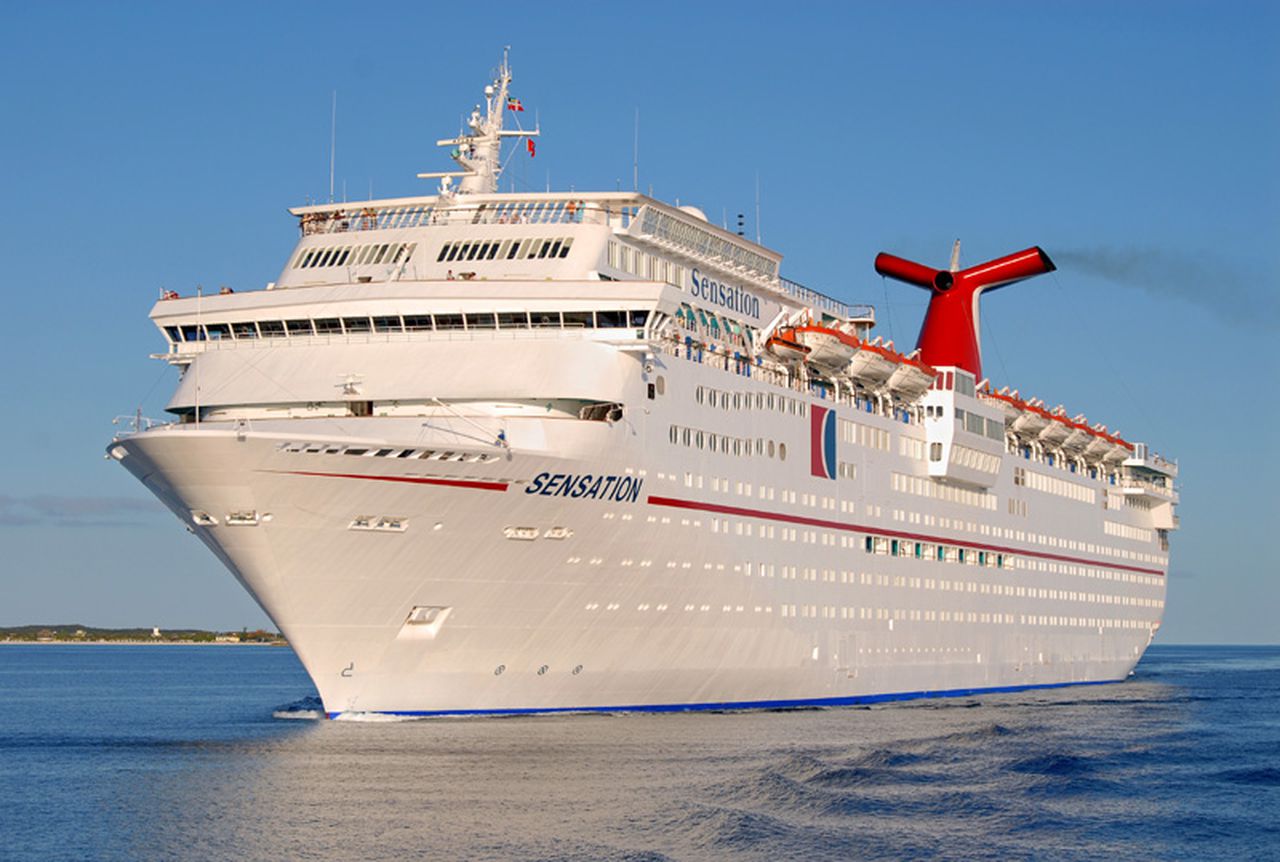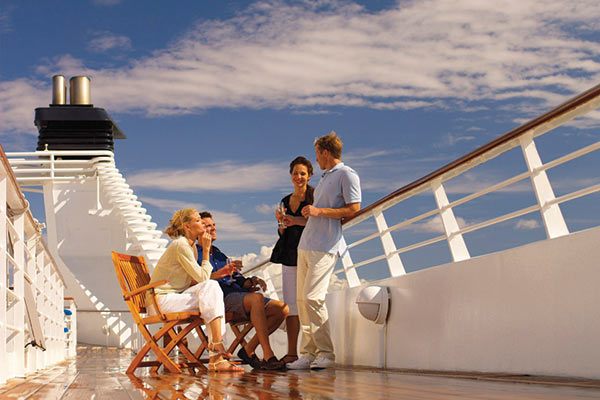
Spanish is one the most important languages you can learn while visiting Spain. It is possible to learn about the culture, language, climate and history of Spain. Tipping is also an option. You will make many mistakes when learning a foreign language. You should accept your mistakes as part of the learning process. A trusted Spanish-speaking friend should listen to your conversations and help you correct errors. This will allow you to improve your fluency.
Spanish language
8% worldwide speak Spanish. There are a number of different dialects of the language. Each dialect is unique in its vocabulary and grammar. All are generally understandable. You can communicate more easily with Spanish speakers by learning the basics of Spanish.

Culture
Spain's culture is strongly rooted in family. This applies to both the immediate and extended families. Although Spanish society is traditional conservative, it has made substantial progress in the area of individual right. It was the first country to allow same-sex marriage.
Climate
Spain's climate tends to be temperate. At sea level, temperatures average around 14oC. But it can vary by altitude. Some areas can see temperatures that vary up to 30oC per day. Spain's climate is described as Mediterranean or European.
Tipping
Tipping in Spain can be a personal decision. The tip should not exceed 5-10% from the total amount due to outstanding services. This is far from US custom which requires a percentage on the total bill.
Getting a visa
Before you travel to Spain, it is a good idea to get a visa. You can do so online or by visiting a local consulate. You should note that different consulates have their own regulations so it is a good idea to visit their website before making an appointment.

Moving around
If you are on a tight budget, public transport is your best bet to get around Spain. It is easy and cheap to take a bus. Most cities have a bus stop, where you can purchase a ticket online or pay the driver at the bus stop. Many buses have Wi-Fi and charging ports. Online timetables can be found and booked in advance. Buses also run on schedule and most have assigned seating.
FAQ
What documents should I have with me while traveling?
You can always access important documents while you are on the road by keeping copies at home. It is a good idea to have a spare copy of your passport, driver’s permit, and any other official identification cards. You might also need to keep information about your credit cards in case you use an ATM machine.
It's always a good idea for you to have a photocopy with you of your passport in case you need it.
Also, don't forget to include copies of your itinerary and reservations. These will help you remember where you are going and what you plan to see.
Keep a copy of the flight ticket and details for your hotel reservations. You will be able to reach someone back home if there is any trouble.
Also, don't leave valuables unattended. Make sure you have a place to store your valuables, such as a money belt or in your luggage.
To avoid costly items being lost, make sure you check your luggage before you leave.
Keep in mind: It is safer to keep it simple than to plan everything.
Enjoy your journey and relax!
Where can I buy cheap airline tickets?
If you are looking for the lowest airfares, you may want to consider airlines like Jetstar and Virgin Australia, AirAsia or Tigerair, Malaysia Airlines. Singapore Airlines. Thai Airways International. Korean Air. Philippine Airlines. China Southern Airlines.
Search online and you'll see that many of these airlines offer cheap flights as a promotional offer.
What should you never forget when traveling?
Traveling is a time when you are often faced with situations that require quick decisions. So be prepared to improvise.
It is possible to be stuck anywhere for hours, days or even weeks. If you have a plan, you'll be able to provide food, water, shelter and a place to rest. But, if not, you might have the need to improvise.
In these cases you will need to rely on your best skills. That means making quick decisions based on instinct and experience.
Sometimes you just can't make a choice. You might find yourself in an area without cell service, out of gas or robbed. In these cases, you will have to adapt quickly and respond to any situation.
It is important to remain calm, keep your eyes on the prize and be decisive. Don't panic. Instead, be calm and focus on what you can do.
You can choose which direction you want to go if you're lost among the woods. You can also eat berries and mushrooms if you feel hungry. If you're thirsty, you can drink rainwater or melt snow.
Or if you're tired, you can rest. You can wrap up if you're cold. If you get wet, you can put on clothes. You will feel happier no matter what, if your outlook is positive
Which countries have the best food?
Different countries have different cuisines. It is difficult to know which countries are best at cooking.
However, we can tell which countries have the best food!
The top three countries, according to TripAdvisor users, are:
-
Italy – For its outstanding food, TripAdvisor users voted Italy number one.
-
France – France was ranked second for its rich culture.
-
Spain - Spain came in third because of its stunning beaches and amazing weather.
What should I do with my luggage?
There are many choices. The most popular option is to use lockers in airports. These lockers are located in the vicinity of the security area. They can be purchased for between $5-10 per daily, depending upon the size of the locker.
You can also rent a storage space. These are often found outside large hotels or shopping centers. Some places offer discounts if multiple units are rented together. Prices can vary.
The third option is to rent a porter. A porter will transport your luggage from the carousel into your room. A small fee is charged each time the porter helps you.
Statistics
- Between the ages of 11 and 13, kids, or tweens, will likely want some autonomy but also need boundaries. (travelandleisure.com)
- Alcoholic beverages with 24% alcohol or less are not subject to limitations in checked bags. (tsa.gov)
- Pack sweaters, jackets, and underwear in reusable compression bags creating up to 75% more space in your luggage. (wikihow.com)
- Alcoholic beverages with more than 24% but not more than 70% alcohol are limited in checked bags to 5 liters (1.3 gallons) per passenger and must be in unopened retail packaging. (tsa.gov)
- They're also likely to offer babysitting services, in case you'd like to have dinner one night after 7 p.m. (travelandleisure.com)
External Links
How To
How to plan your next getaway
Booking flights, hotels, car rental, and activities are just a few of the many aspects involved in planning a trip. It includes important considerations such a budget, destination, weather forecast, time frame, etc.
These are important points to remember when planning your next vacation.
To ensure you get everything right, we have created a step-by-step guide to help you plan your next vacation. Based on customer feedback and our own experience, this guide was created. We hope this guide helps you to plan your next vacation with minimal hassle.
Steps:
-
Plan your Budget - Planning your budget is one of the most important steps in preparing for a trip. Before you start to think about where to go or what to do, it is important to determine how much money you have available for your trip. If you don't have the money, your plans may be cancelled.
-
Book Flights - The first thing you should do after deciding on your budget is book your tickets. Make sure you choose the best flight deal available at the lowest price. You should also check to see if any airlines offer special deals during specific seasons. These deals can save you lots of money.
-
Select Your Destination - After you have booked your flight, you will need to choose where you want to travel. When choosing your destination, many factors are important. These include location (where you are going), climate (what time of year), culture (how friendly the people) and cost (how much it is).
-
Find Accommodations - After choosing your destination, the next step would be finding accommodations. There are many accommodation options available, from inexpensive hostels to luxury suites. Choosing the right type of accommodation depends on your needs and preferences. If you are looking for somewhere close to the center of the city, a hotel might not be the best option. A homestay might be a better option if you are looking for quieter places far from the crowds.
-
Select Activities and Attractions. Now, after you've selected your accommodation it is time to pick the activities or attractions that you would like to add to your itinerary. Depending on the length of your stay, you can either choose only a few activities or add several new ones throughout your trip.
-
Determine your schedule - After you've chosen the attractions and activities that you would like to include in your itinerary, it's now time to create it. A fixed schedule will ensure that you get the best value for your trip. But, it's possible to enjoy your trip more if your schedule is flexible.
-
Make an itinerary - This is where you include all details about your trip. Write down all details about your trip, including flights, accommodation, activities, and restaurants.
-
Research Online – Make sure you research everything before you leave on your trip. You can read reviews and testimonials about other destinations to get their opinions. You will be able plan accordingly.
-
Take care when packing. Too many clothes is not a good idea. Instead of bringing five sets of clothes, bring three. Wear clothing that is appropriate for the climate you are visiting.
-
Be Prepared - Finally, be prepared! Before you leave for your trip, make sure that everything is in order. You don't want your trip to be ruined by searching for vital documents while you're in transit.